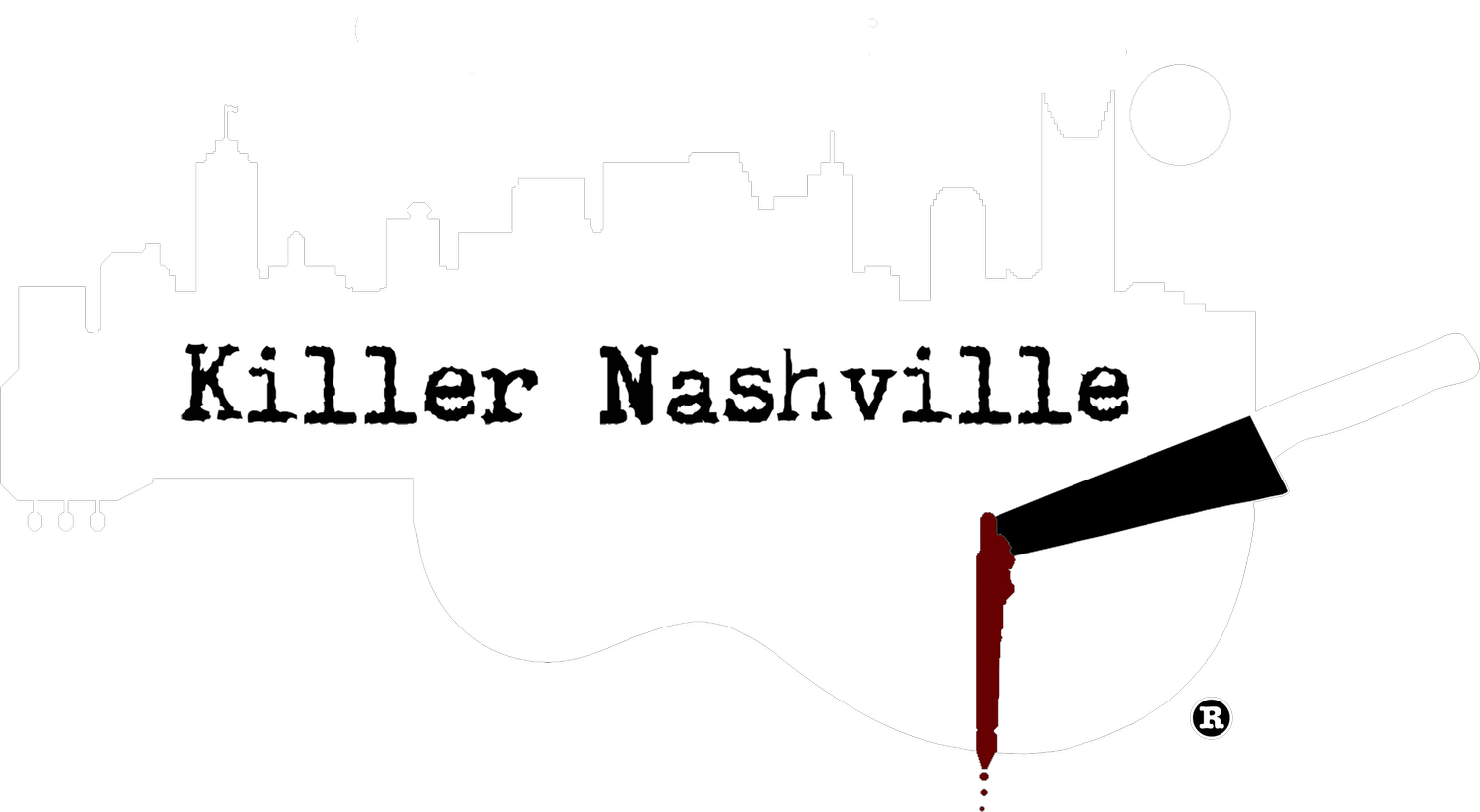What Could Possibly Happen?
By Thomas Elson
Years later he realized she had asked a rhetorical question.
But at that age, on that night, in that house, tucked into that bed, inside that dark bedroom, on the second floor of his aunt and uncle’s isolated farmhouse, miles from the nearest town—he took the question seriously.
#
The little boy fretted that his stomach might burst from the supper his aunt had spread over the large dining room table groaning from plates of roast beef, mounds of mashed potatoes, thick savory gravy, a pyramid of corn on the cob, piles of fragrant dinner rolls nestled near butter churned that afternoon, and a slice of apple pie the size of which he had never seen. His skin tingled from his bath in the new indoor bathroom. If awakened in the middle of the night, he no longer had to suffer the threats of a dark backyard.
#
After his mother kissed him goodnight, turned off the light, and just before she closed the door, she again said, “What could possibly happen up here in the dark?”
It was then he pulled off his covers, sat up in bed, and said—
I’ll tell you what could happen. Leave me alone up here in the dark, and that picture on the wall of that lady in her blue and white veil will swoop down the way the nuns said she did when she died. Just the way she did the last time we were here, when she talked to me. And if that happens, I might never see you again. I could be taken with her to one of those strange places the priest talks about in church, and the nuns tell us about during catechism class.
The boy flinched when the wind screeched and pierced his ears as it snaked through the uncaulked windowsills. He was unable to see anything except the picture hanging on the wall, barely illuminated by the moon crawling through the curtains.
He continued.
Or maybe incense from some church will smoke up the room and float me away. Then change me into a saint or some other unsmiling old person, or even an angel forced to deliver messages to people who don’t want to hear them.
That woman on the wall might tell me I’ll lose you, that I’ll be taken away because you’ll die and be buried like everyone else in this family. People will say how alive you look, or how good you look, or that I should kiss you, and say good-bye to you. But why should I? You look alive and real.
Just like what happened when Grandpa John stopped moving and was dropped into the ground and sealed inside a shiny box. Everyone said he looked alive and real and not in pain anymore; but when I tried to talk to him, he didn’t say anything to me, even though you said he looked alive.
That’s what could happen up here in the dark.
Thomas Elson’s stories appear in numerous venues, including Mad Swirl, Blink-Ink, Ellipsis, Scapegoat, Bull, New Writing Scotland, Flash Frontier, Bending Genres, Short Édition, Litro, Journal of Expressive Writing, Dead Mule School, Selkie, New Ulster, Lampeter, and Adelaide. He divides his time between Northern California and Western Kansas.
